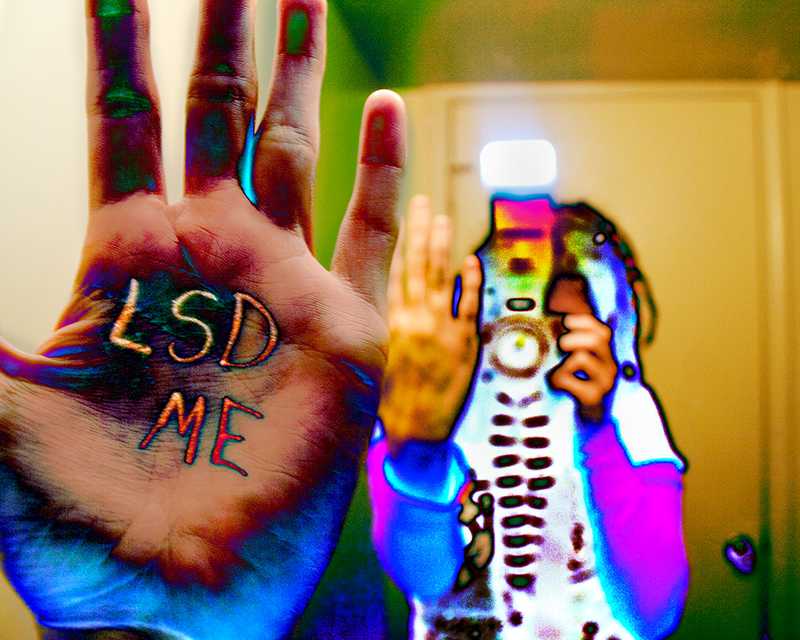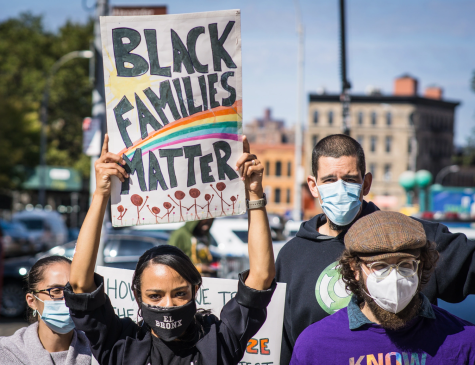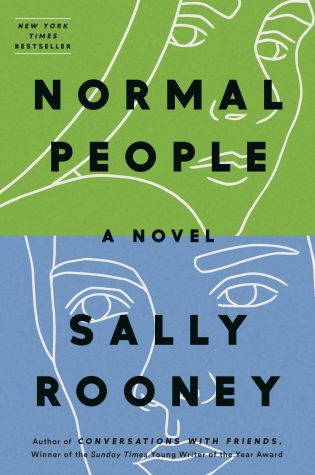Legalize LSD and similar entheogens
April 24, 2014
The staunch anti-drug sentiment that has been adopted in American politics needs to end with the realization that it fuels dependency and misinformation.
There is a form of “mind altering” substance that has no record of overdose, long-term health effects, or risk of addiction and no this time it is not marijuana. It is the category of hallucinogenic drugs called entheogens that includes LSD, Psilocybin Mushrooms, and Mescaline.
LSD was first synthesized in 1938 by Swiss chemist Albert Hofmann and was tested for potential therapeutic and even spiritual benefits, until recreational use took off in the 1960s and it was subsequently banned for use and research. However, this year marks the first medical study of LSD in 40 years by the Multidisciplinary Association for Psychedelic Studies, and it yielded positive results in the treatment of anxiety, according to the Huffington Post.
With Johns Hopkins Hospital doing similar studies with Psilocybin Mushroom consumption, the doors of perception of entheogenic therapy are reopening. The possibility of medicinal use shows a similar trend to that of the more widely prominent medical research of the use of marijuana.
Legalization goes beyond possible medicinal benefits as entheogens have been used for spiritual wellness and exploration for years. This directly impacts the violation of freedom of religion that comes from criminalization of these substances.
Whether it is from tribal cultures in both North and South America using types of Mescaline, or Hispanic tribes using Psilocybin Mushrooms, personal spiritual exploration today with entheogens at their core are a form of religious practice.
Today the United States, by way of three cases related to The Religious Freedom Restoration Act of 1993, recognizes the use of certain entheogens in three churches, consisting of The Native American Church, Uniao do Vegetal, and Santo Daime, thereby recognizing the potential spiritual use of entheogens.
Enforcement is discriminatory against the personal user, as it is not the government’s place to speculate what is a religion and what is not. One should not be considered a criminal if they are intending to have a personal spiritual experience, but simply do not identify with a religion.
The black market that is created from criminalization of entheogens also creates unnecessary dangers that directly threaten the welfare of the user who may otherwise be a law-abiding citizen. According to the National Review, about one-fourth of US prison inmates are non-violent drug offenders. Overcrowded prisons are reason enough to remove non-violent criminals who do not affect the wellbeing of others through their drug use and cost taxpayer dollars to house them.
A black market gives ultimate power to the supplier who has no regulations to guarantee the authenticity of the product and in a completely free market lies to yield the most profit through consumer ignorance. With LSD, the buyer cannot tell the chemical contents of the product by eye and can consume a substance that will cause brain damage or dependency.
Ignorance to the actual behavior of entheogens starts in the culture of drug education that often does not differentiate between drugs, but rather blankets them by saying “drugs are bad.”
It simply is not that black and white, while some drugs fuel outward violence and dependency it is important to inform people of the dangers of each substance individually and recognize the grey area of reality that is inherent with drug use.
Not all drugs create dependency or cause physical deterioration. The National Institute on Drug Abuse, a federal government research institution, claims that LSD, Psilocybin Mushrooms, and Mescaline do not create dependency and do not show long-term effects.
The real danger of entheogen use is the possibility of self-inflicted wounds by the user. This is easily solvable by having somebody who has experience dealing with entheogens to talk to the user and aid the user through their experience.
It is important to note that these are still “schedule one” drugs according to the DEA, classified as some of the most dangerous drugs in usage, with little to no solid reasoning even listed for their classification.
While it is easier for the state to clump all drugs together, the reality is that drugs are not all the same, and the public has a right to be informed on the nature of a substance individually and go beyond the propaganda of the causes and effects of drug use.
The climate of drug culture in the world is changing; countries like Portugal have decriminalized drug possession, and the United States cannot afford to continue abusing personal freedoms like entheogen consumption.
People like Steve Jobs, Aldous Huxley, Ken Kesey, John Lennon, and more have all cited the influence that entheogens had on their lives. Legalization and regulation need to be a topic of discussion if only to better inform the public on the reality that not all drugs were created equal.
















